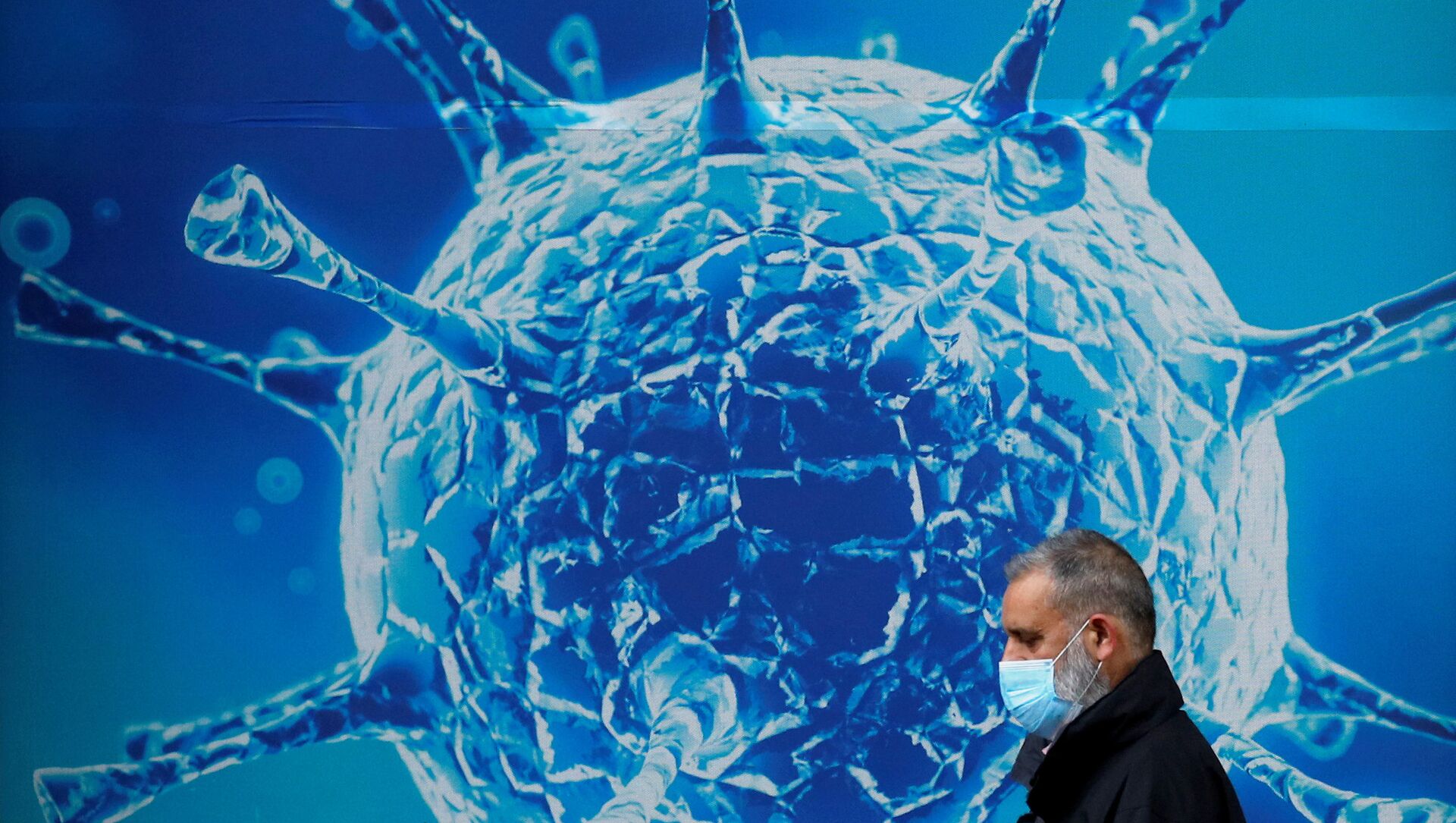At a Wednesday press conference, California Governor Gavin Newsom announced that the new South Africa coronavirus strain of SARS-CoV-2 had been detected in California for the first time. With the very first case of infection confirmed in the Bay Area, more cases were found in Alameda and Santa Clara Counties.
“As of a few hours ago, we have the first reported cases of South African variants. Two cases have been reported through Stanford, one in Alameda County and one in Santa Clara County," Newsom said, adding, "So two variants that we identified as South African variants are now in the state of California.”
Newsom also noted that, apart from the South African strain, 159 cases of a mutation that originated in the United Kingdom had been identified in the Golden State. Both coronavirus variants are believed to be more resistant to current vaccines. Considering how fast the new mutations spread, the Centers for Disease Control and Prevention has admitted that higher vaccination coverage might need to be achieved to protect the public from the virus, while fearing that the UK coronavirus variant alone could become the dominant coronavirus strain in the US by the end of March.
"The issue of mutations is top of mind," Newsom said.
Earlier on Monday, the Chief of the World Health Organization (WHO), Tedros Adhanom Ghebreyesus admitted the problem of existing coronavirus vaccines being ineffective in fighting the new highly-transmissible strains of COVID-19, urging vaccine manufacturers to upgrade their vaccines.
Following the WHO head's statement, the US Food and Drug Administration (FDA) approved the emergency use of a new antibody 'cocktail' from pharmaceutical giant Eli Lilly that reportedly helps with mild to moderate COVID-19 infections.
As of Wednesday, California had over 3.4 million confirmed coronavirus cases, with over 8,390 new cases confirmed on Tuesday alone, according to the COVID Tracking Project.
According to data collected by the Johns Hopkins University, COVID-19 cases in the US have topped 27,279,523.


